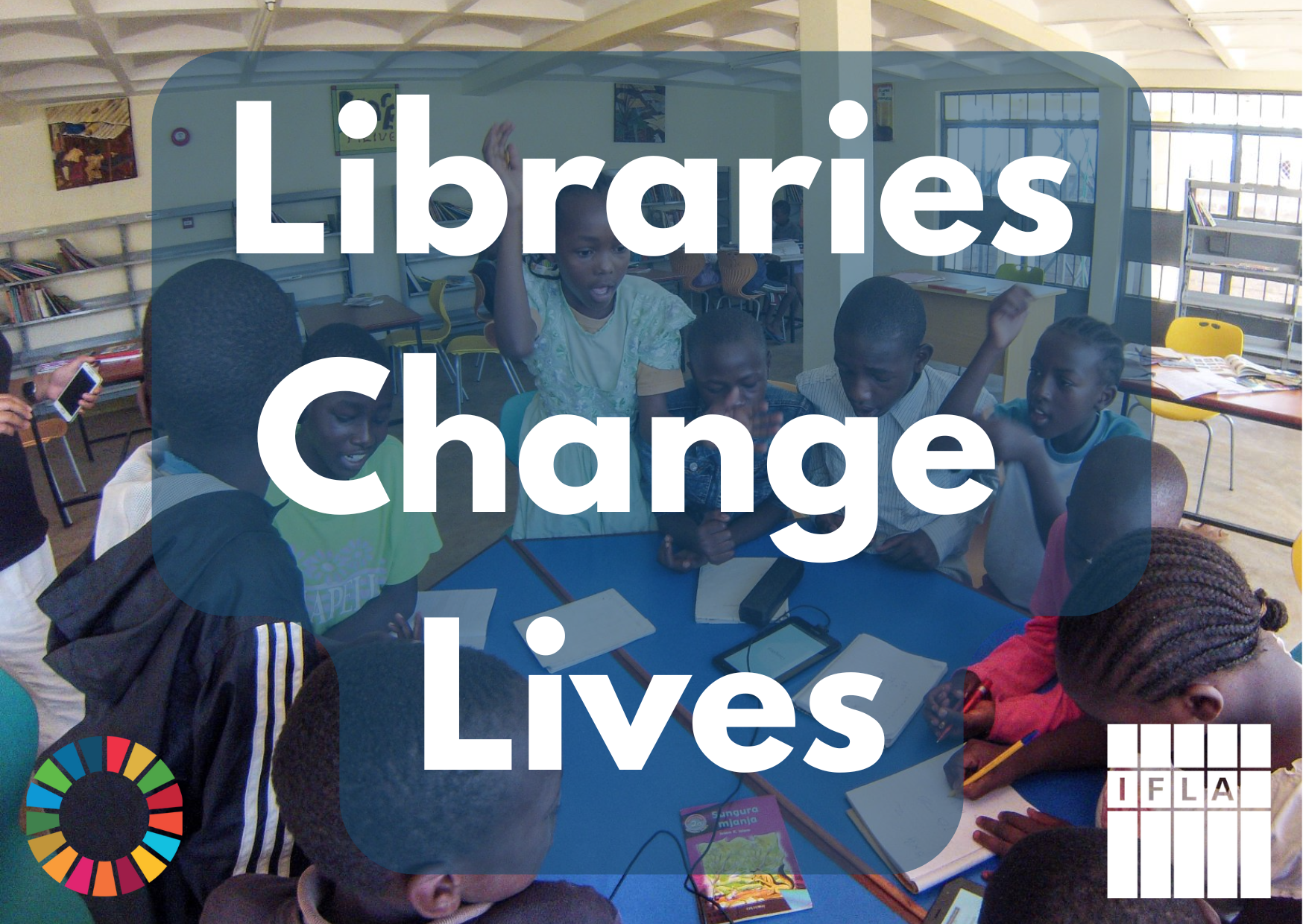Libraries: the global social development infrastructure
29 October 2025
Thanks to their ability to make access to knowledge, information and culture both real and meaningful, libraries have a huge role to play in social development. We urge governments and others not to leave this potential unrealised.
At the 2nd World Summit on Social Development, held from 4-6 November in Doha, Qatar, governments, intergovernmental organisations, civil society and other experts will explore what it will take to end poverty and discrimination, and ensure decent work and equity for all.
In addition to celebrating all that has been achieved up to now, there will be a priority on identifying how the world can better mobilise resources and infrastructures to achieve these goals. We argue that libraries, and the knowledge, information and culture to which they provide access, are central to the response.
In short, any government or organisation serious about social development should ask themselves – am I realising fully the potential of my libraries?

Libraries leading the way
IFLA’s Library Map of the World brings together evidenced examples of library services and programmes, built around the structure of the UN Sustainable Development Goals.
You can find examples of how libraries combat poverty (SDG1), through bringing access to education to underserved communities, and enabling rural communities and those experiencing homelessness.
Libraries also support the drive for gender equality (SDG5), through providing access to relevant health information, building awareness and support in response to violence, and more broadly building entrepreneurship and other relevant skills.
Under the heading of reducing inequalities more broadly (SDG10), there are case studies of how libraries are making a difference for the Roma, persons with disabilities, immigrants and refugees, street children, those on low incomes and more.
Knowledge and information: the essential foundation
An analysis of the 2025 Voluntary National Reviews (VNRs) of implementation of the 2030 Agenda helps underline the need to think more comprehensively about the place of knowledge and information in development policy-making. This is particularly true around issues of social development.
In particular, these highlight the following key points:
- Many countries see access to knowledge is a right and basic service which should be available to all. Access – or a lack of this – can be a determining factor in the ability of individuals, families and communities to realise social development.
- The ability to make informed decisions is a right, which by definition requires information access. Without this, people not only lose agency, but are more likely to make bad decisions.
- Governments are already using information infrastructures such as platforms, websites and libraries as a key part of policies for social inclusion. These draw on information both to support better decision-making, and as a means of ensuring that those who could benefit from interventions know about them.
- Governments themselves need knowledge and information professionals in order to ensure effective management and sharing of information around social policies.
- There is a particular need to protect and promote Indigenous knowledge, which can be essential for the sustainability and indeed survival of communities, but can also offer more people-centred development models.
No social development without culture
Culture represents both an actor and a factor in development, and particularly so when it comes to social development. It both represents a source of energy and invention, allowing people to imagine different futures and come together in new ways, but is also the force that defines how we think and do, individually and collectively.
Crucially, in each case, cultural actors and institutions, such as libraries, can make a positive difference, building lasting social cohesion and enabling an exit from poverty and exclusion.
Our analysis of culture in 2025 VNRs underlines the following key points:
- Around half of reporting countries directly link culture with questions of anti-poverty, anti-discrimination and inclusion. The need for respect for cultural rights in order to ensure the effectiveness of social policies is clear.
- Ensuring that interventions are culturally informed and culturally relevant is key to policy effectiveness, in particular in communities facing multiple vulnerabilities. Without this, policy actions are much less likely to lead to the change desired.
- It can pay off to mobilise cultural leaders, given their ability to motivate and connect with people, and so increase the likelihood of change
- Cultural interventions are essential in order to deal with cultural barriers to development, such as attitudes towards women and young people, Roma, Indigenous peoples, and persons with disabilities.
Look out on our social media for more about our engagement at the Summit, and if you are in Doha, feel free to talk to one of our representatives!